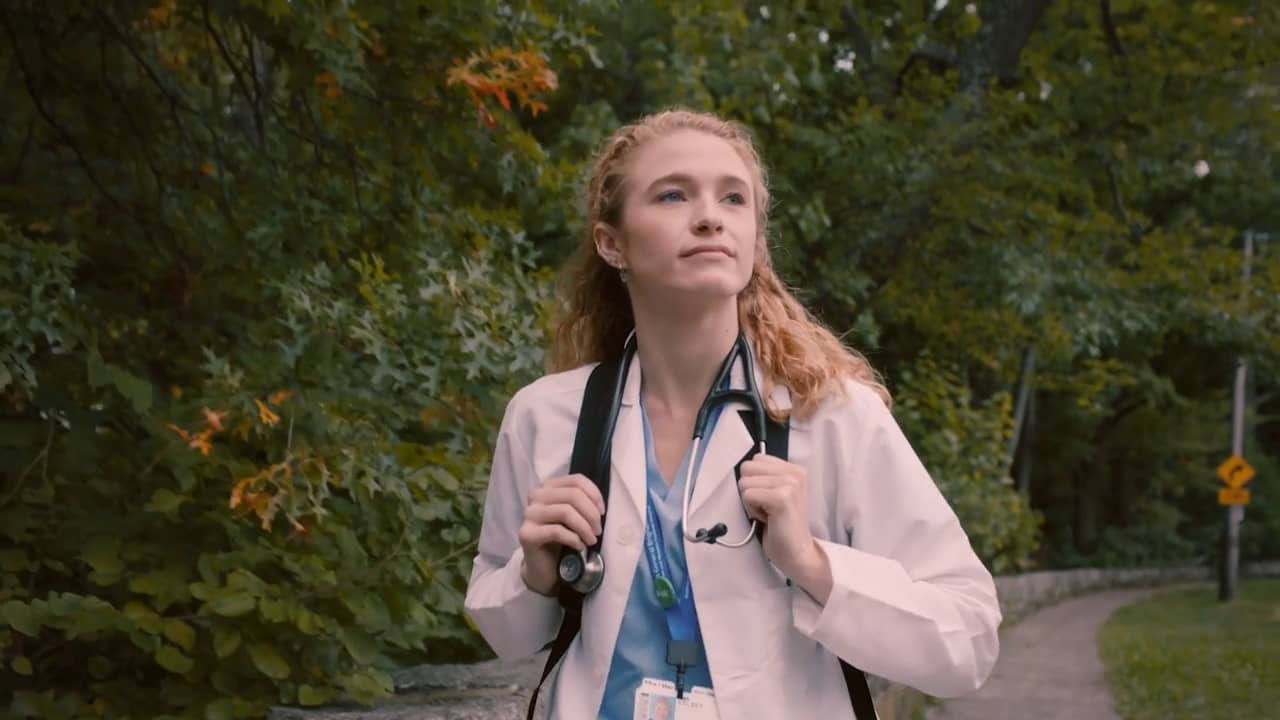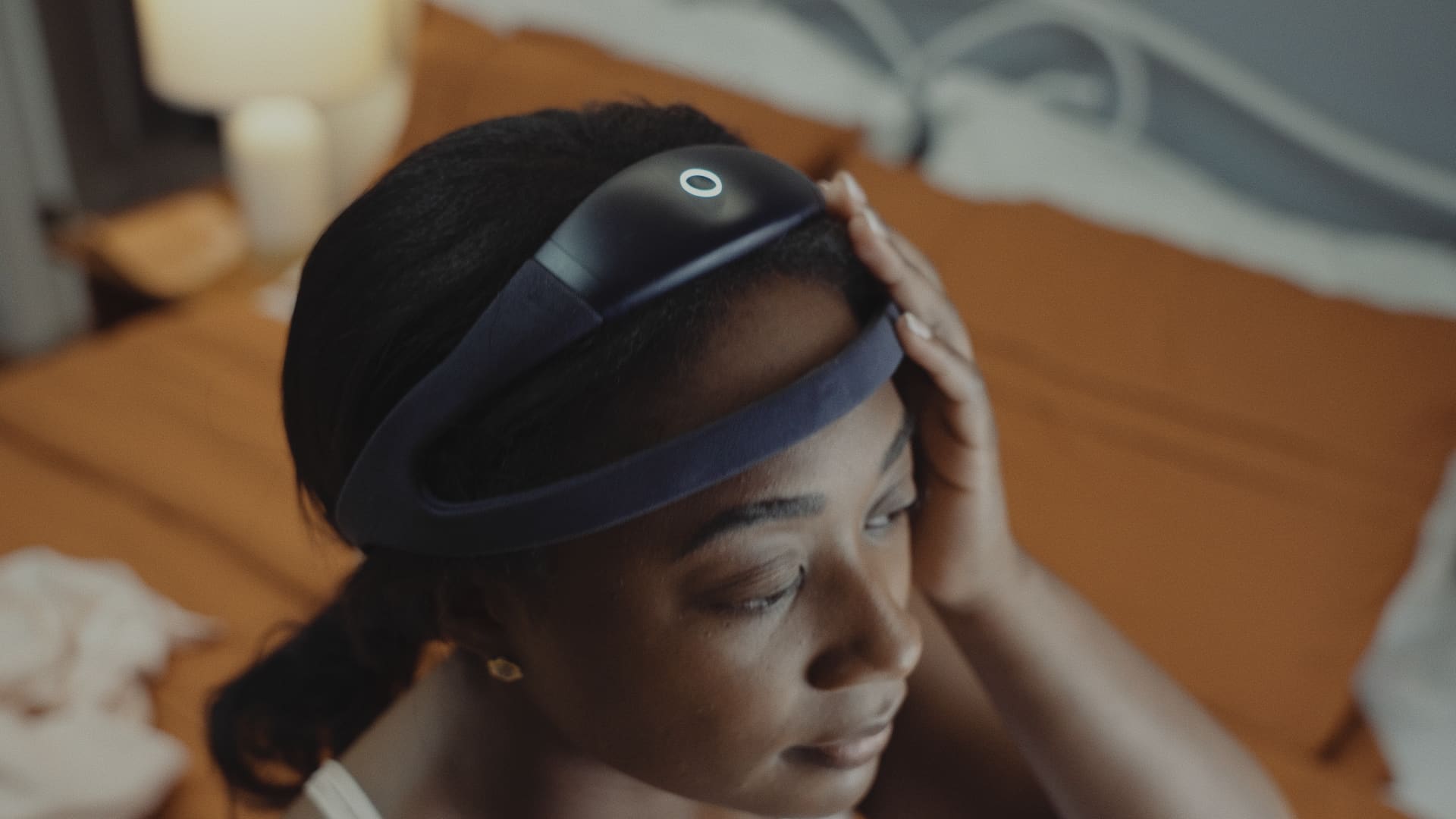Therapeutic Focus - Neuroscience | Takeda Pharmaceuticals
Neuroscience

Neurological conditions affect individuals of all ages, presenting them with profound struggles and isolation.1,2,3,4 Our passion and expertise across neurology and psychiatry with special focus on sleep-wake disorders, neurodegenerative and rare neurological conditions, drive our commitment to address the unmet needs of these patients. We are dedicated to transforming the lives of patients with neurological diseases through groundbreaking research and innovative treatments that aim to address the profound impact these disorders have on people and society.
Our efforts extend beyond therapeutic innovation. We aim to improve health outcomes across the patient journey by building solution-focused partnerships with industry, academia, health systems and advocacy, educating patients and physicians and broadening access to therapies. We give particular focus to integrating digital solutions including advancing novel biomarkers and digital approaches to improve diagnosis and personalize patient care.
Disease areas
Rare Sleep Disorders and Orexin-related Conditions: People living with narcolepsy and related sleep-wake disorders can suffer from debilitating symptoms that significantly impact their daily life.5,6 Narcolepsy type 1 (NT1), narcolepsy type 2 (NT2), and idiopathic hypersomnia are rare disorders characterized by excessive daytime sleepiness (EDS).7,8 We are striving to harness the potential of orexin science, which regulates several critical biological functions including sleep/wakefulness, respiration and metabolism, to improve the care for individuals with rare sleep disorders and orexin-related conditions.9,10,11
Neurodegeneration: Neurodegenerative diseases are a major global health burden in our aging world.12 We seek to change the treatment paradigm for neurodegenerative diseases including Alzheimer’s disease, frontotemporal dementia and multiple system atrophy by developing next generation therapies with meaningful outcomes beyond symptom management.
Rare Neurology: Rare neurological and neuromuscular disorders can have significant impacts, and the need for innovative therapies is immense.13 By leveraging our understanding of what causes these diseases, we can aim to develop disease-modifying therapies across a range of treatment approaches.
Our Stories
References
Parity of Esteem for People affected by Neurological Conditions. The Neurological Alliance. Accessed 10 December 2024. https://www.neural.org.uk/assets/pdfs/2017-07-parity-of-esteem.pdf
Atlas: Country Resources for Neurological Disorders – 2nd ed. World Health Organization. Accessed 10 December 2024. https://iris.who.int/bitstream/handle/10665/258947/9789241565509-eng.pdf
Follow-up to the political declaration of the third high-level meeting of the General Assembly on the prevention and control of non-communicable diseases. World Health Organization. Accessed 10 December 2024. https://apps.who.int/gb/ebwha/pdf_files/WHA75/A75_10Add5-en.pdf
Kolappa K, Seeher K, Dua T. Brain health as a global priority. J Neurol Sci. 2022;439:120326.
Miyagawa T, Tokunaga K. Genetics of narcolepsy. Hum. Genome Var. 2019;6(4).
Wozniak DR, Quinnell TG. Unmet needs of patients with narcolepsy: Perspectives on emerging treatment options. Nat Sci Sleep. 2015;7:51—61.
Flores NM, Villa KF, Black J, et al. The humanistic and economic burden of narcolepsy. J Clin Sleep Med. 2016;12(3):401-407.
Trotti LM. Central disorders of hypersomnolence. Continuum (Minneap Minn). 2020;26(4):890-907.
Sakurai T. The neural circuit of orexin (hypocretin): Maintaining sleep and wakefulness. Nat. Rev. Neurosci. 2007;8(3):171–181.
Kuwaki T. Thermoregulation under pressure: A role for orexin neurons. Temperature (Austin, Tex). 2015;2(3):379–391.
Katzman MA, Katzman MP. Neurobiology of the orexin system and its potential role in the regulation of hedonic tone. Brain Sci. 2022;12(2):150.
Tabrizi S. Neurodegenerative diseases neurobiology pathogenesis and therapeutics. J Neurol, Neurosurg Psychiatry. 2006;77(2):284.
Bassetti CA, Endres M, Sander A, et al. The European academy of neurology brain health strategy: One brain, one life, one approach. Eur J Neurol. 2022;29(9):2559–2566.




